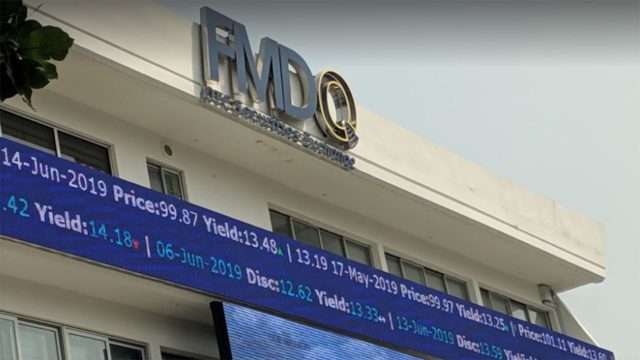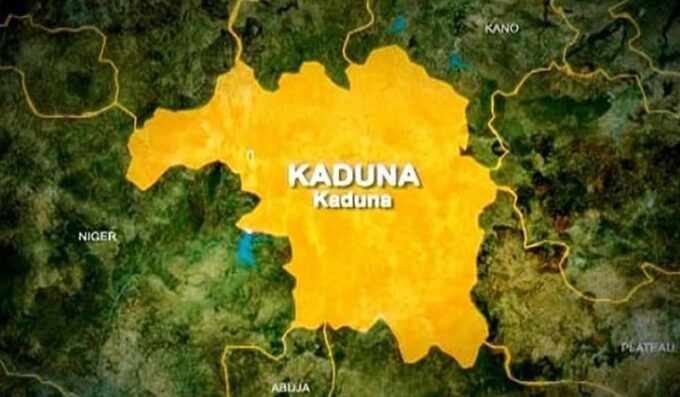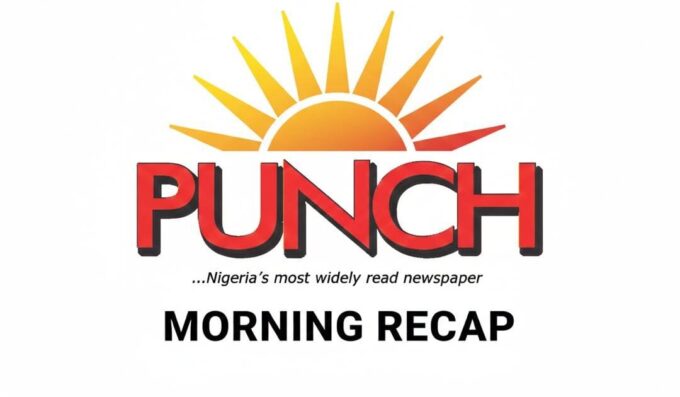By Chinwendu Obienyi
Despite a high interest rate environment and tighter liquidity conditions, Nigeria’s debt capital market maintained robust activity in 2024, with a notable surge in both corporate and sovereign debt listings on the FMDQ Exchange.
This is according to the recently released 2025 State of Enterprise Report by EnterpriseNGR. The report revealed that a total of 155 commercial papers (CPs) were listed during the year, up from 127 in 2023, signaling a marked shift toward short-term instruments by corporates seeking to manage elevated borrowing costs and interest rate volatility.
Analysts say the uptick in CP listings reflects growing corporate appetite for flexible and cost-effective capital-raising options amid constrained access to long-term financing.
“There has been a notable pivot to short-term instruments as companies aim to balance cash flow pressures with rising interest obligations. Commercial papers offer the kind of agility many firms now require in a tightening cycle”, the report explained.
The market for longer-term instruments was equally vibrant. Federal Government of Nigeria (FGN) debt securities listed or quoted on the FMDQ stood at 535 in 2024, representing a 13.1 per cent increase from 473 in the previous year. The total value of these securities surged from N139.24 trillion in 2023 to N180.91 trillion in 2024.
This strong growth in sovereign debt listings is consistent with the federal government’s continued reliance on domestic borrowing to plug fiscal deficits and finance capital projects, especially in the face of fluctuating oil revenues and external funding constraints.
The corporate debt segment also posted significant gains. Listings and quotations of corporate securities on the FMDQ rose to 1,026 in 2024, up from 834 in 2023. In value terms, the market expanded from N7.87 trillion to N9.47 trillion, representing a 23 per cent year-on-year increase.
Market experts attributed the sustained corporate debt activity to firms’ strategic efforts to refinance existing obligations, raise working capital, and navigate macroeconomic uncertainties.
“The increase in corporate debt listings shows that businesses are adapting. They are using the capital market to stay liquid and maintain operations in a high-cost environment”, a debt capital markets analyst at a leading financial advisory firm said.
Overall, the performance of the FMDQ debt market in 2024 underscores investor confidence and market resilience in the face of monetary tightening. It also highlights the capital market’s expanding role as a critical financing channel for both public and private sector entities in Nigeria’s evolving economic landscape.


















Leave a comment